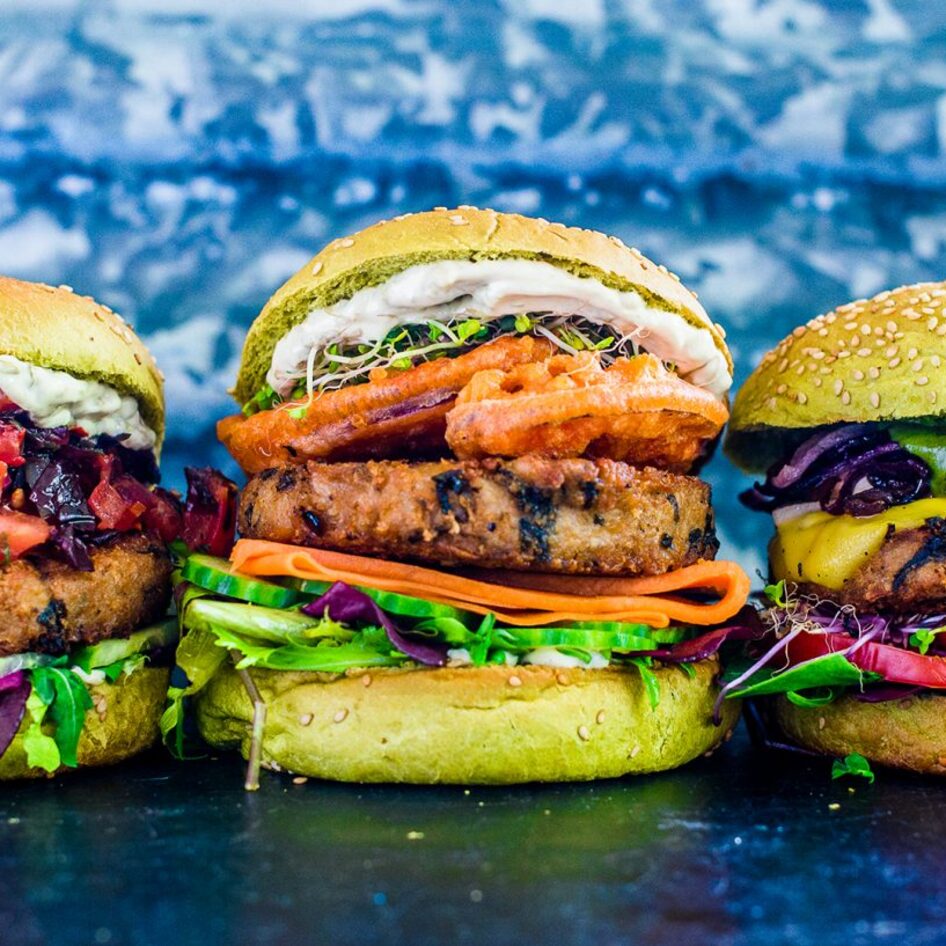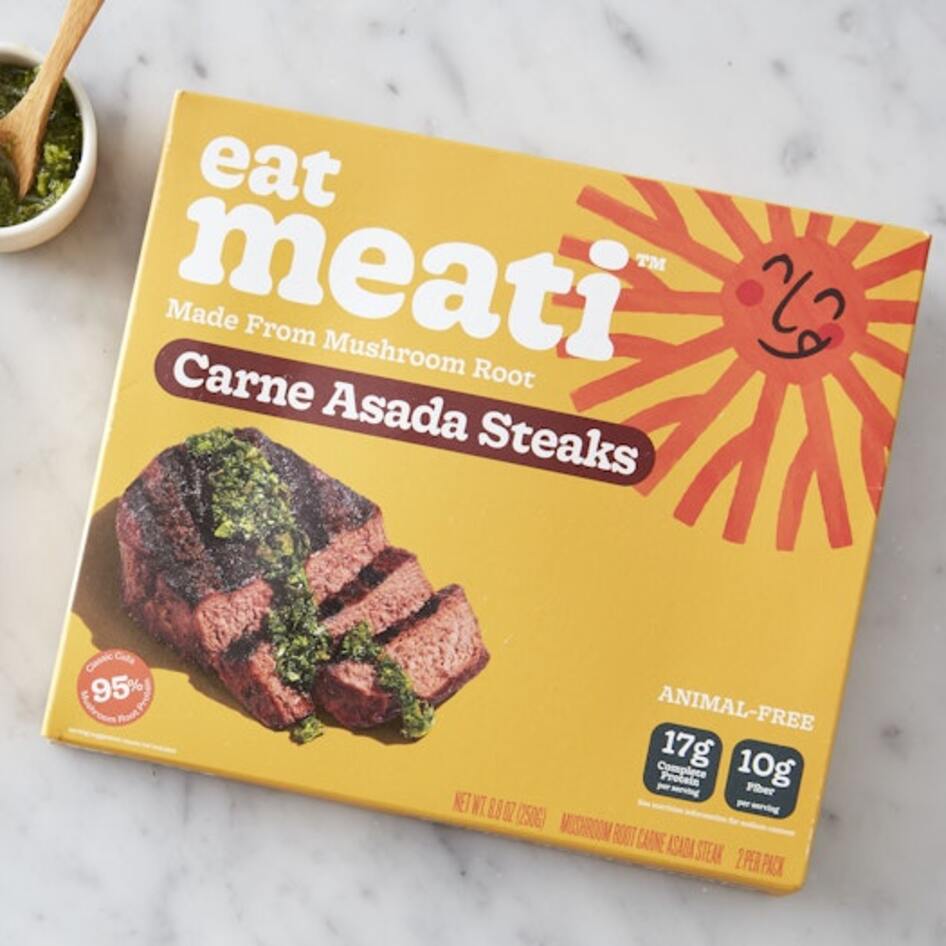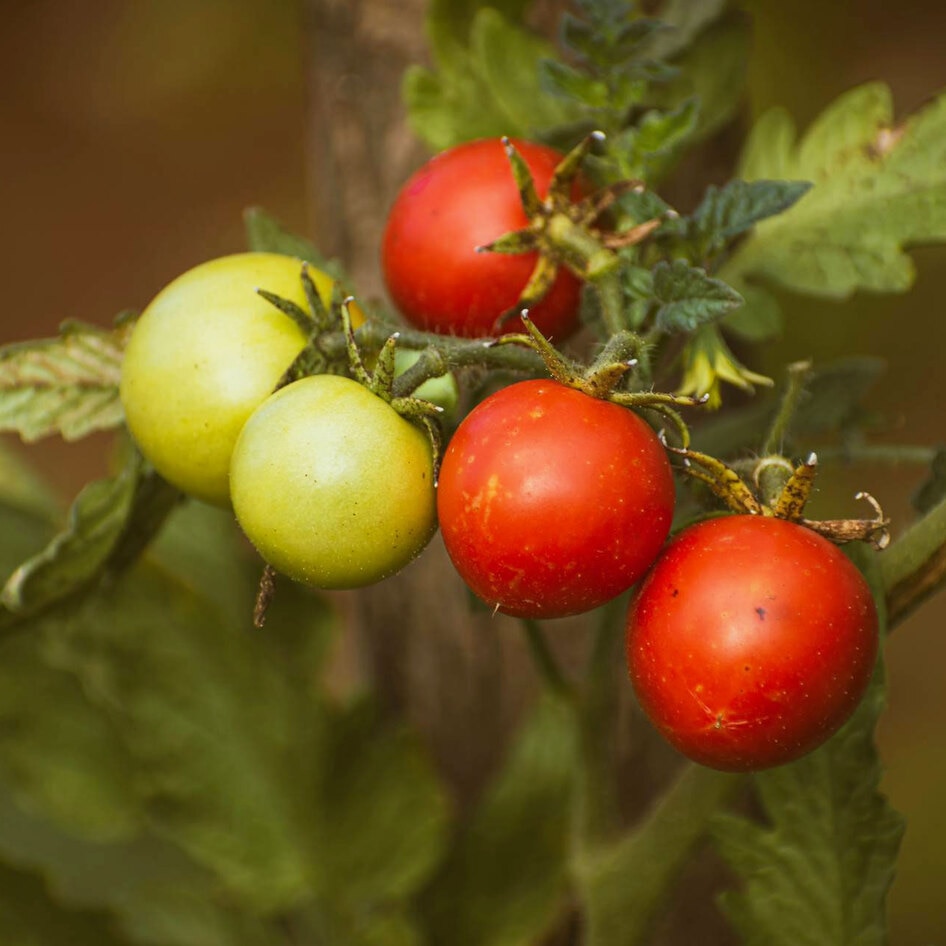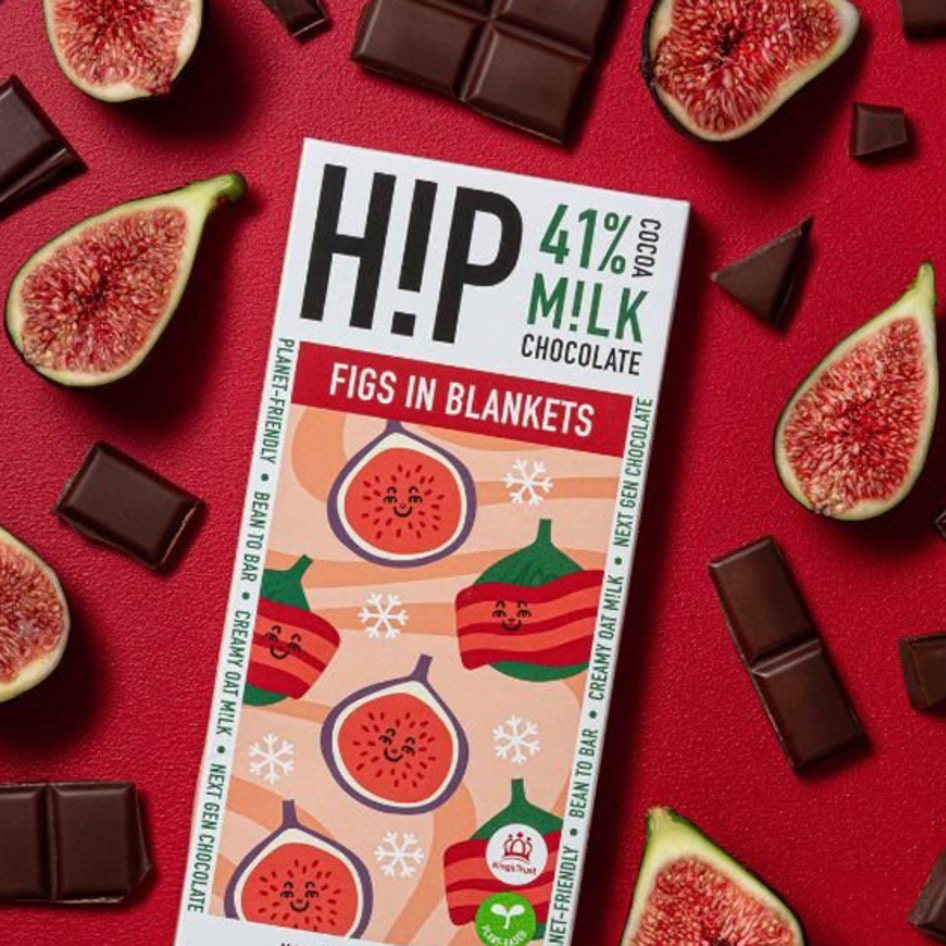Widespread support and investment in the alternative protein industry is one way to build a more sustainable global food system. In light of the worsening climate crisis, how do countries around the world stack up in this endeavor?
Nonprofit think tank Good Food Institute (GFI) recently published a report reviewing the state of global governmental allocation of funds towards alternative protein research, which it defines as “meat, egg, or dairy products that are plant-based, cultivated, or fermentation-derived.” In other words, proteins that are not produced through conventional animal agriculture methods.
Israel is positioned as a world leader in alternative protein developments and investments and, in 2020, its plant-based protein market outpaced its animal-derived protein market by more than 900 percent.
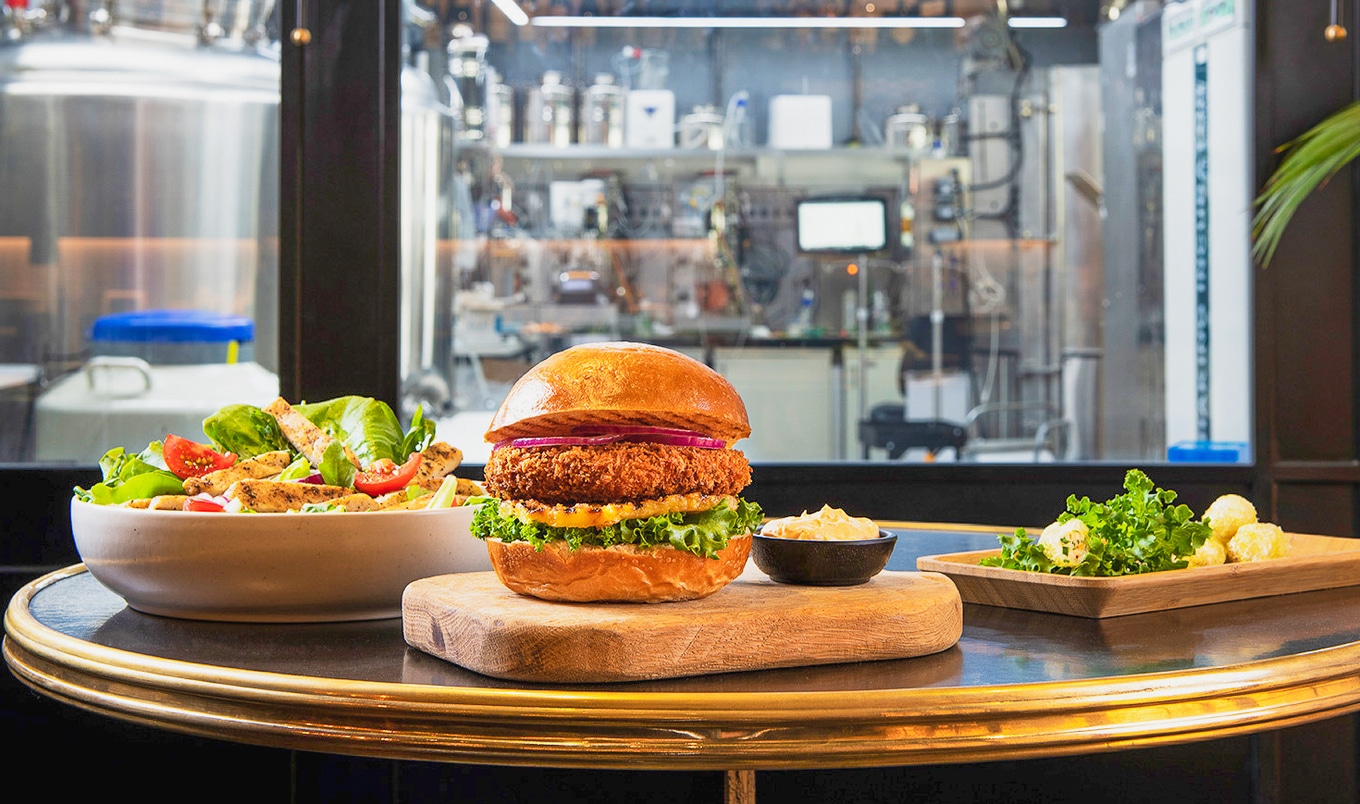 SuperMeat
SuperMeat
In its report, GFI describes Israel as one of two countries, along with Singapore, “at the front of the pack” in alternative protein investments. Israel leads the way in investing in food tech startups and was home to the largest number of alternative seafood startups founded last year. Its prime minister and president were also the first heads of state and government in the world to taste cultivated meat.
“We’re seeing a lot of public investments from Israel and Singapore on the basis of ensuring domestic food security,” Michael Carter, GFI’s Policy Associate, tells VegNews. “But given their existing status as strong proponents of innovation and startup-friendly business environments, it’s no surprise to see them leading the way in food tech and alternative protein research, as well.”
GFI names both countries’ governments as being the most vocal and active in their support for alternative proteins, and both have touted alternative proteins as part of their strategies towards accomplishing food security and climate goals.
 Future Meat Technologies
Future Meat Technologies
Israel boasts a large number of cultivated meat companies, such as SuperMeat, Steakholder Foods, Aleph Farms, and Future Meat Technologies—which recently announced it had successfully grown cultivated lamb.
Currently, Singapore is the only country in the world to grant regulatory approval for the sale of cultivated meat. This milestone moment happened in late 2020 when Singapore’s food authority granted approval to chicken bites developed by GOOD Meat, the cultivated meat subsidiary of United States-based Eat Just.
North America’s support of alternative protein
In North America, the US is taking baby steps where other countries are making comparatively gigantic strides. One step in the right direction is a $10 million public investment the USDA made last year in a Tufts University-led consortium to establish a cultivated protein research center.
“The United States is not irredeemably behind in its public investment into alternative protein research, but it could stand to improve considerably,” Carter says.
“Nations like Singapore and Israel are investing heavily in cultivated meat research, and China included alternative proteins as a significant part of its five-year agricultural plan,” he says.
Carter acknowledged that while the US is still one of the world’s leaders in agricultural research with more than $5 billion allocated in 2019 alone, only $25 million total had been invested in alternative proteins by the end of 2021. Meanwhile, Canada has invested more than $30 million in plant protein research and nearly $100 million in infrastructure dedicated to plant proteins.
“Given that the US alternative protein private sector still leads the world, we’re hoping to see a ramping up of US public investment to match,” he said. “The US private sector is undoubtedly the global leader in both market value and private investment, though that preeminence has become less pronounced as other countries have ramped up their public investment.”
 GOOD Meat
GOOD Meat
Currently, a number of cultivated meat companies are working with appropriate US governing bodies to gain regulatory approval for their products.
In the meantime, GOOD Meat is forging the way forward. In May, the company signed an exclusive seven-year agreement with bioreactor technology leader ABEC, Inc to produce the world’s largest bioreactors, which GOOD Meat will use to grow its cultivated meat in the US.
 GOOD Meat
GOOD Meat
The large-scale cultivated meat facility will consist of 10 different 250,000-liter bioreactors capable of producing up to 30 million pounds of cultivated meat annually. ABEC’s manufacturing of bioreactors in GOOD Meat’s California headquarters are expected to be operational by year’s end.
Cultivated meat on the COP27 menu
The 27th United Nations Climate Change Conference (COP27) is underway and will conclude next Friday. For the first time in its history, the conference is examining food system-related solutions to the climate crisis. Nine organizations, including GFI, are hosting a Food Systems Pavillion with the aim of helping world leaders better understand the role of alternative proteins in fighting the climate emergency.
In its 2022 report, the UN Intergovernmental Panel on Climate Change acknowledged “high confidence” that cultivated meat is a potential “transformative” solution to the environmental problems associated with animal agriculture.
 GOOD Meat
GOOD Meat
To show COP27 guests how good cultivated meat can be, GOOD Meat will launch a new version of its cultivated chicken—which features a better texture and more fiberous structure—at the conference, which will be served from November 12 to November 14 in host city Sharm el-Sheikh, Egypt.
On the ground at the conference, countries are already pledging stronger commitments towards cutting greenhouse emissions—known in UN parlance as Nationally Determined Contributions (NDCs). They are also making bolder commitments to reversing the devastating effects of deforestation.
Carter hopes to see a more collaborative effort, particularly when it comes to the proliferation of the global alternative protein industry, as one lasting result of COP27.
“We’re taking this opportunity to encourage governments to include alternative proteins as part of their NDCs and recognize the role they can play in … reducing methane emissions and ending deforestation by 2030,” Carter says.
“While our State of Global Policy Report compares countries in their research and public support of alternative proteins, mitigating climate change is ultimately a team effort, and we encourage leaders to join together in research and innovation partnerships to mutually boost the alternative protein ecosystem,” Carter says.
For the latest vegan news, read:
JUMP TO ... Latest News | Recipes | Guides | Health | Subscribe



